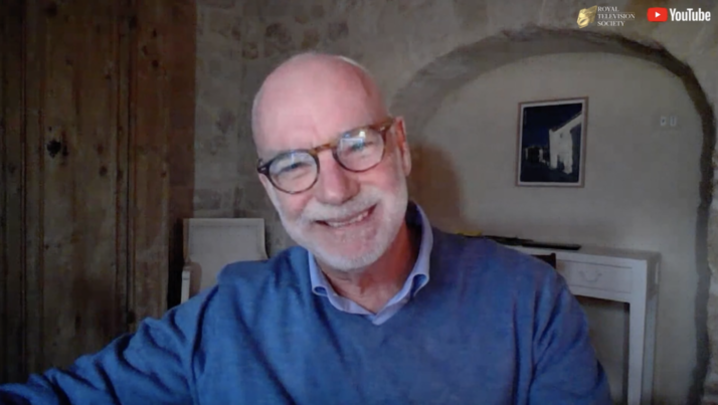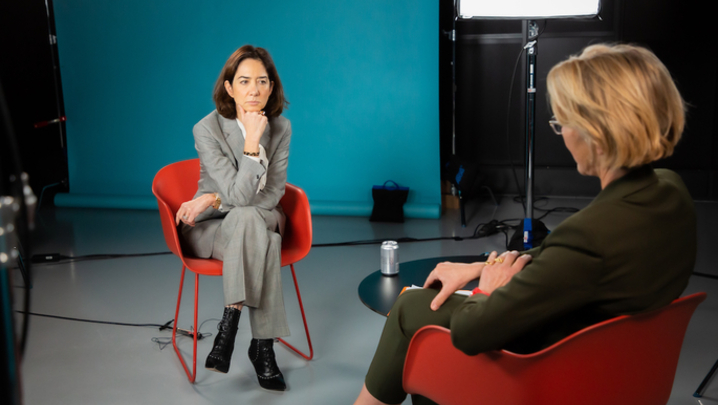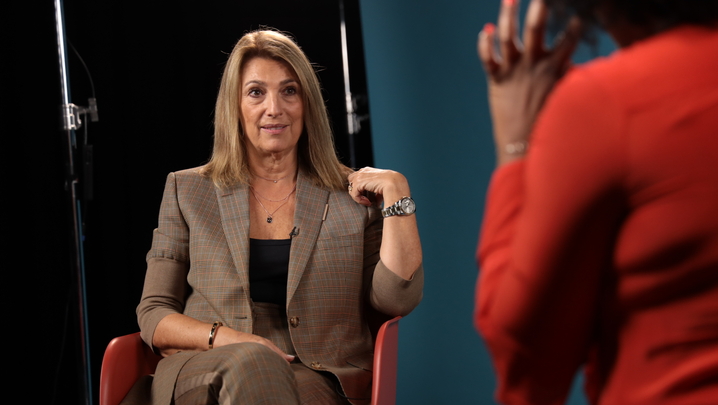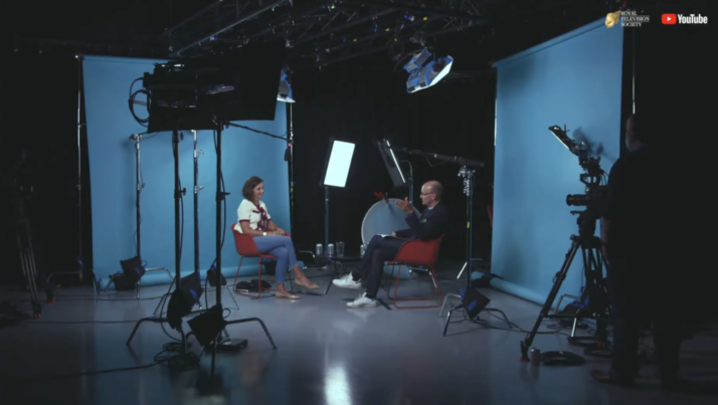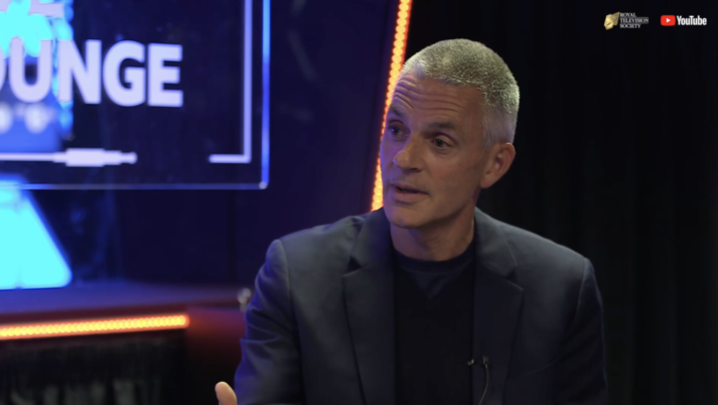The part that tech giant Google is playing to help combat the global health pandemic was underlined in the latest RTS Digital Convention 2020 session.
Professor Lord Ara Darzi, President of the British Science Association, spoke to Dr Alan Karthikesalingam, Research Lead at Google Health UK, in a fascinating encounter highlighting the work that Google has been doing since the spring in the fight against Covid-19.
With so much fake news concerning the pandemic available on the internet, Google was determined to disseminate reliable facts relating to coronavirus and how it presents and the way it is spread.
“We’ve been partnering with the WHO to release accurate information in over 200 countries in 70 different languages,” said Karthikesalingam.
“We’ve made some information panels on YouTube which have had over 400 billion impressions. For us as clinicians, the public health impact of that is great to see.”
He added: “Outside the hospital one of the hardest things is the struggle for reliable information.
“Basically, helping people through their own personal experience of Covid, understanding if they have it, how prevalent it is in their local area, all the way through to where they can get medical help quickly.”
Google Maps features accurate, live information on around 14,000 Covid test sites in more than 20 countries, he said.
Another part of the tech behemoth’s pandemic-related work is making data available for scientists and researchers around the world to enable authorities to track the movement of people via Mobility Reports.
Karthikesalingam said that Google's Global Community Mobility Reports were uploaded three times a week to over 135 countries to predict the spread of the disease and its economic impact.
“They tell you things like, for example, the proportion of people who are working in, say, retail compared with a month ago,” he said. “This helps governments to understand the degree to which the economic impacts of different policies are being felt.”
Google had partnered with Apple to help design contact tracing Apps, including the NHS one used in England and Wales.
This, said Lord Darzi, gave citizens “real empowerment” as the second wave of the disease gathered pace.
Potentially could artificial intelligence have a role in discovering new therapies for Covid, he asked?
“One of the most challenging things about Covid is that because it’s such a new virus, the clinical data about which treatments work - and don’t work - is so new that artificial intelligence is unlikely to work at that end of the scale.
“It’s traditional things like randomised control trials and the recovery trial in Oxford, where the NHS is leading the way, that help us understand which treatments work.”
However, the data-driven giant was helping medical researchers to better understand the virus by using machine learning capabilities developed by Google DeepMind, the artificial intelligence company bought by Google in 2014.
Karthikesalingam explained: “Similar things that were a few years ago being used to play chess or Go are being deployed to predict the protein structure of the virus. That’s a great weapon for other researchers around the world in the race to design vaccines and other therapies to combat it.
“Researchers at DeepMind have publicly released all their findings and their predictions about this protein structure so that other, more expert biologists and other people around the world can use that information to build therapies.”
In conversation with Professor Lord Ara Darzi and Dr Alan Karthikesalingam was part of the RTS Digital Convention 2020, sponsored by YouTube, and available to view from 20 October. The producer was Jon Brennan, manager, EMEA Broadcast, Entertainment & Media Partnerships at Google. A full report will appear in the November issue of Television.



